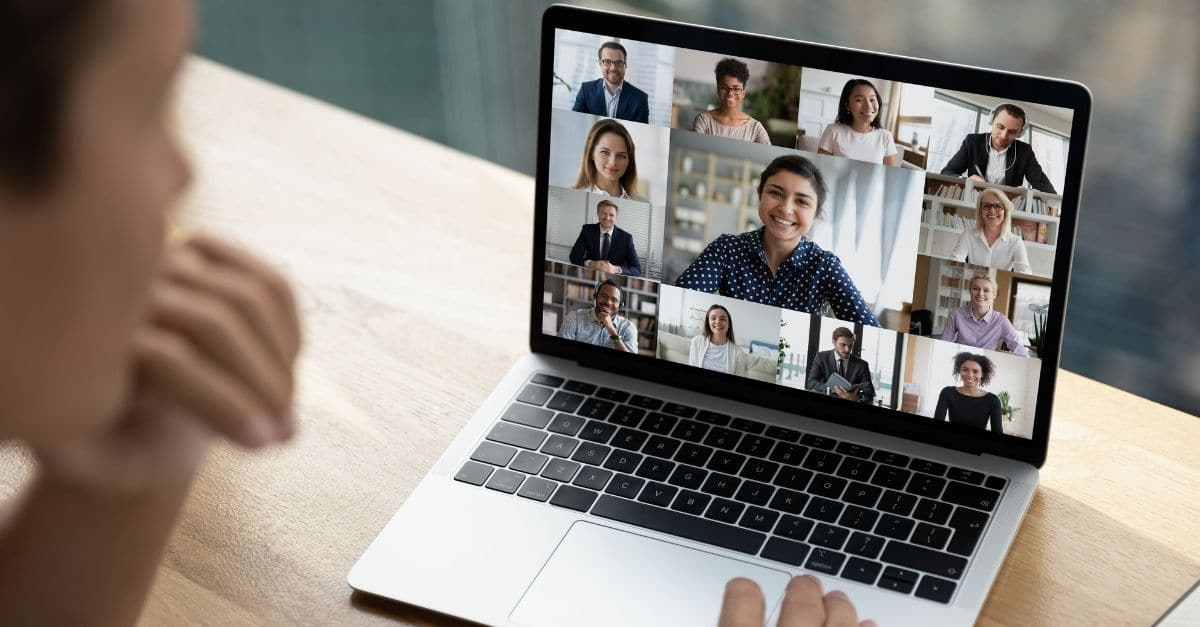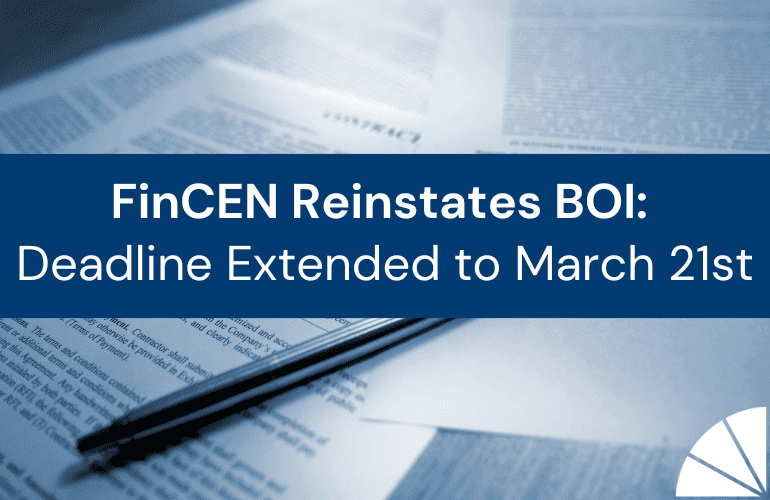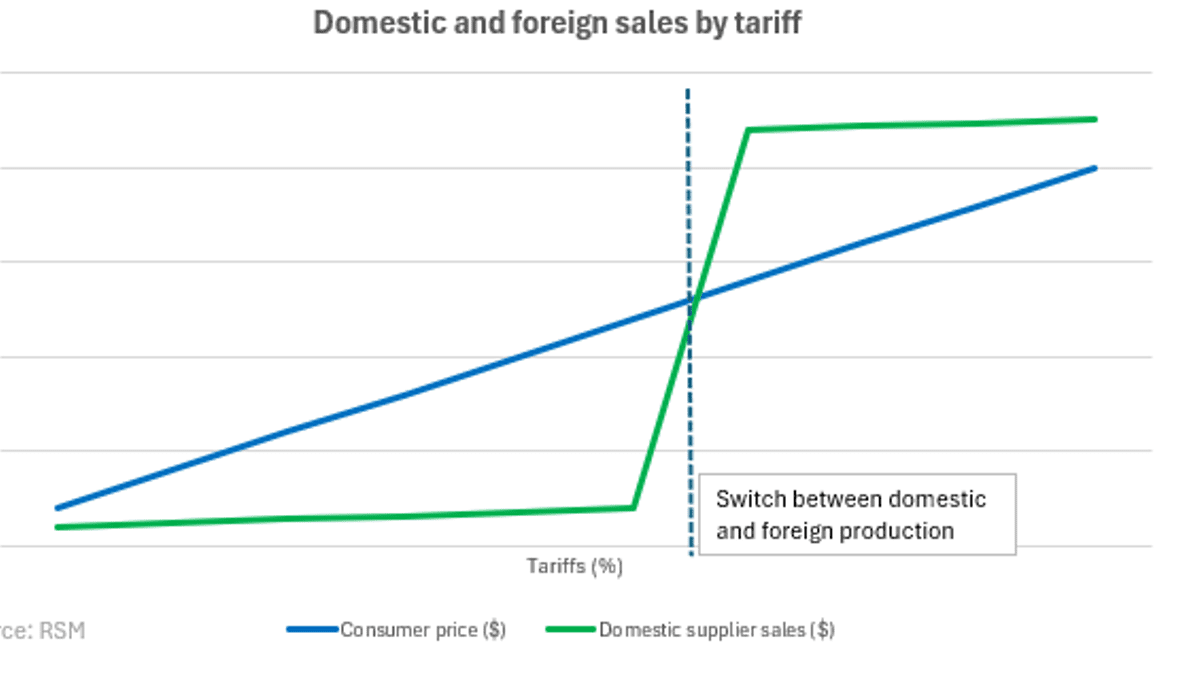
For decades, businesses and organizations have been steadily modifying their operations and procedures, adopting new and improved technologies over time. But the pandemic has significantly increased their need to take part and invest in digital transformation. It has also accelerated the necessary rate of change to bridge the digital divide. The shift to a larger remote workforce and contactless procedures has raised the bar, affecting how businesses and nonprofits interact with their employees, volunteers, and professional advisors. If your entity works with a CPA firm to perform your financial statement audit, this shift may mean you’re preparing for a remote-based audit this year.
Businesses and nonprofits have a lot to contend with as they work to rise above pandemic-related challenges, align their strategies with their competitors, meet evolving consumer expectations, and navigate the changes to their professional relationships. To help alleviate some of the stress related to unfamiliar territory, here are some best practices for organizations to consider as they prepare for a remote-based audit.
Perform a pre-audit technology assessment.
Whether your audit is performed virtually or on-site, the audit team will be required to perform the same procedures. But if your audit is virtual, you and your audit team will rely more on technology to complete the procedures. Because email isn’t always the most secure method and, in some cases, leaves a bit to be desired in terms of accountability and follow-up, relying on more technology doesn’t necessarily mean more email communications. It’s best practice to perform a technology assessment ahead of your audit to ensure you have technology in place to support clear and timely responses to each other’s requests and secure file transfers. Since you won’t be face-to-face, you and your audit team may consider scheduling recurring web meetings, which means you’ll need video conferencing and screen-sharing capabilities and access to webcams, a video conference platform, and other related hardware and software.
Scanning and secure document sharing capabilities are also vital. Your remote-audit team will need access to the same documents required for an on-site audit. You can start by gathering digital copies of your documents, which, among other things, includes payroll reports, bank account listings, opening trial balances, general ledgers, inventory listings, and fixed asset schedules. It’s best practice to digitize all of your documents ahead of time to ensure everyone has access to the information they need to complete their respective tasks effectively, efficiently, and timely.
Communicate and plan proactively.
Proactive communication and preparation help your audit team avoid setbacks related to reactive measures during the audit process. Inform your CPA of new agreements and significant changes, such as changes in funding sources or nonprofit programs, as soon as possible.
It’s also critical to plan to give your virtual audit the same degree of attention as an on-site audit. Just as your audit team will set aside the necessary time for your engagement, your team needs to be available to assist the team during your audit to ensure it is completed in the appropriate time frame.
Management may need to consider new methods of assigning, tracking, and fulfilling audit-related tasks internally to ensure accountability and avoid bottlenecks. Start by identifying key personnel and ensuring they understand their respective roles and have the right resources to carry out their duties.
Allow for extra time and flexibility in your plan this year.
For many organizations and their CPAs, the virtual audit process is still new and may require a few adjustments here and there. Don’t get discouraged if your engagement takes a little longer than usual. With planning, patience, transparency, and open dialogue, you and your audit team can work to improve the process and ensure all of your needs are being met throughout your audit.
Contact LGA
LGA’s Audit & Assurance Team provides services that go beyond compliance. My team provides client-centric services that help businesses and nonprofits make sense of their financial data and leverage opportunities to improve performance.
I work with nonprofit organizations, employee benefit plans, and privately-held businesses across various industries. If you have questions, reach out. I want to help you with solutions that will help your organization prepare for and ensure a smooth, successful remote-audit engagement. Contact me today to discuss your plan!
by Shannon Katz, CPA, MSA
 Shannon Katz is an Audit & Assurance Manager with LGA. She joined the firm in 2015 after earning her MSA from Bentley University. Shannon specializes in audit and assurance services for nonprofit organizations, privately-held businesses, and employee benefit plans. Her client base spans various industries, primarily in the North Shore and Greater Boston communities.
Shannon Katz is an Audit & Assurance Manager with LGA. She joined the firm in 2015 after earning her MSA from Bentley University. Shannon specializes in audit and assurance services for nonprofit organizations, privately-held businesses, and employee benefit plans. Her client base spans various industries, primarily in the North Shore and Greater Boston communities.





